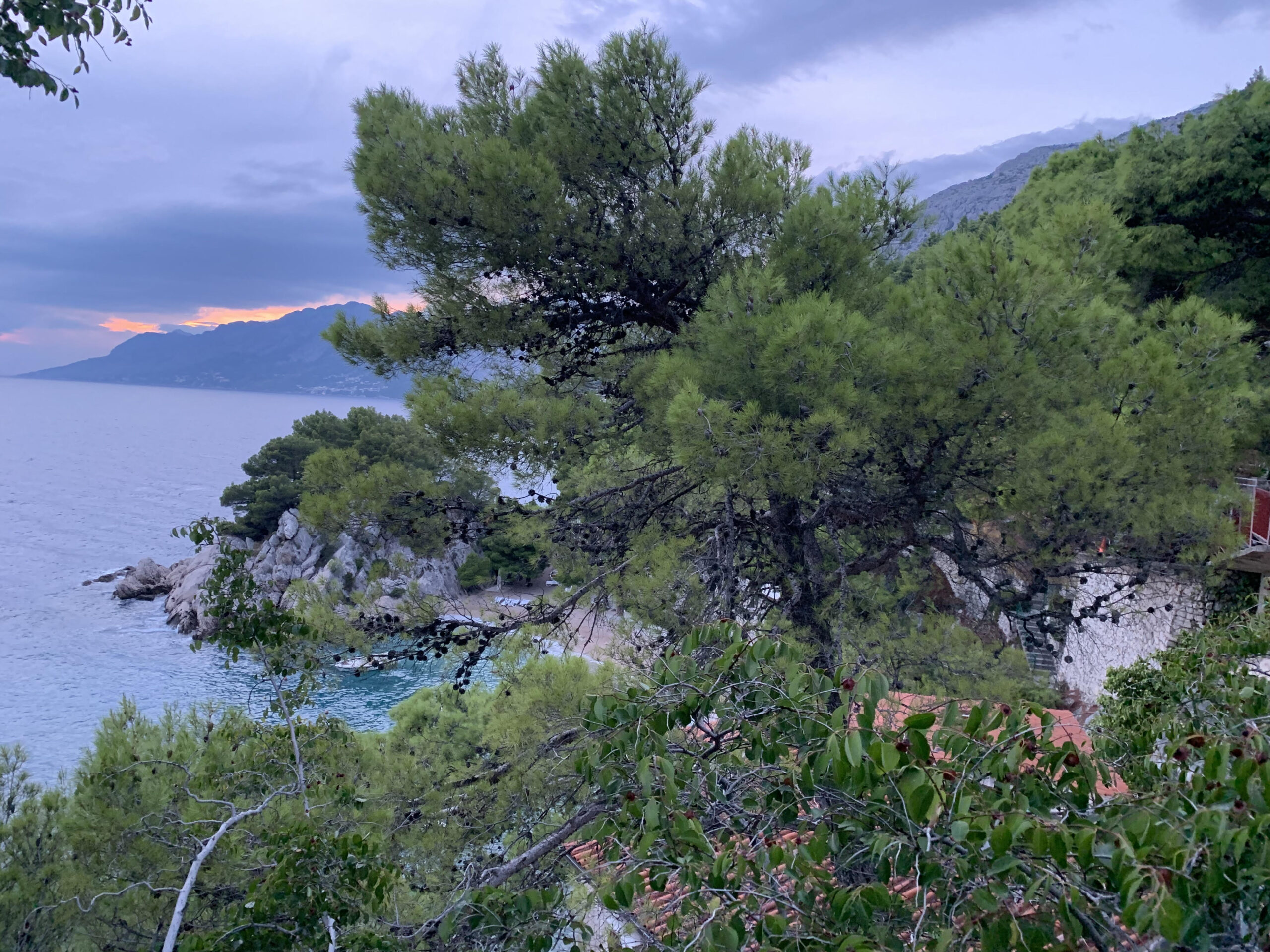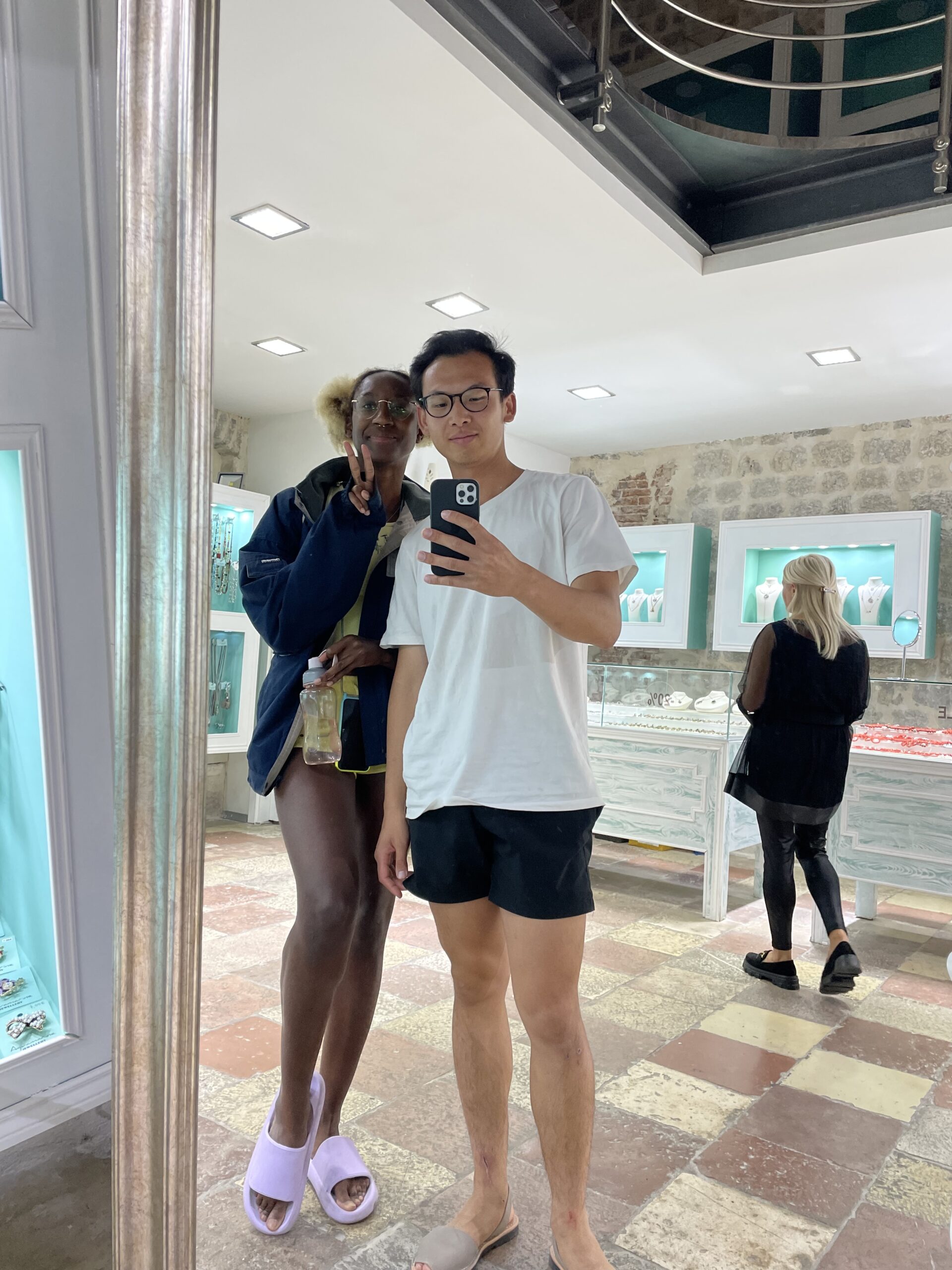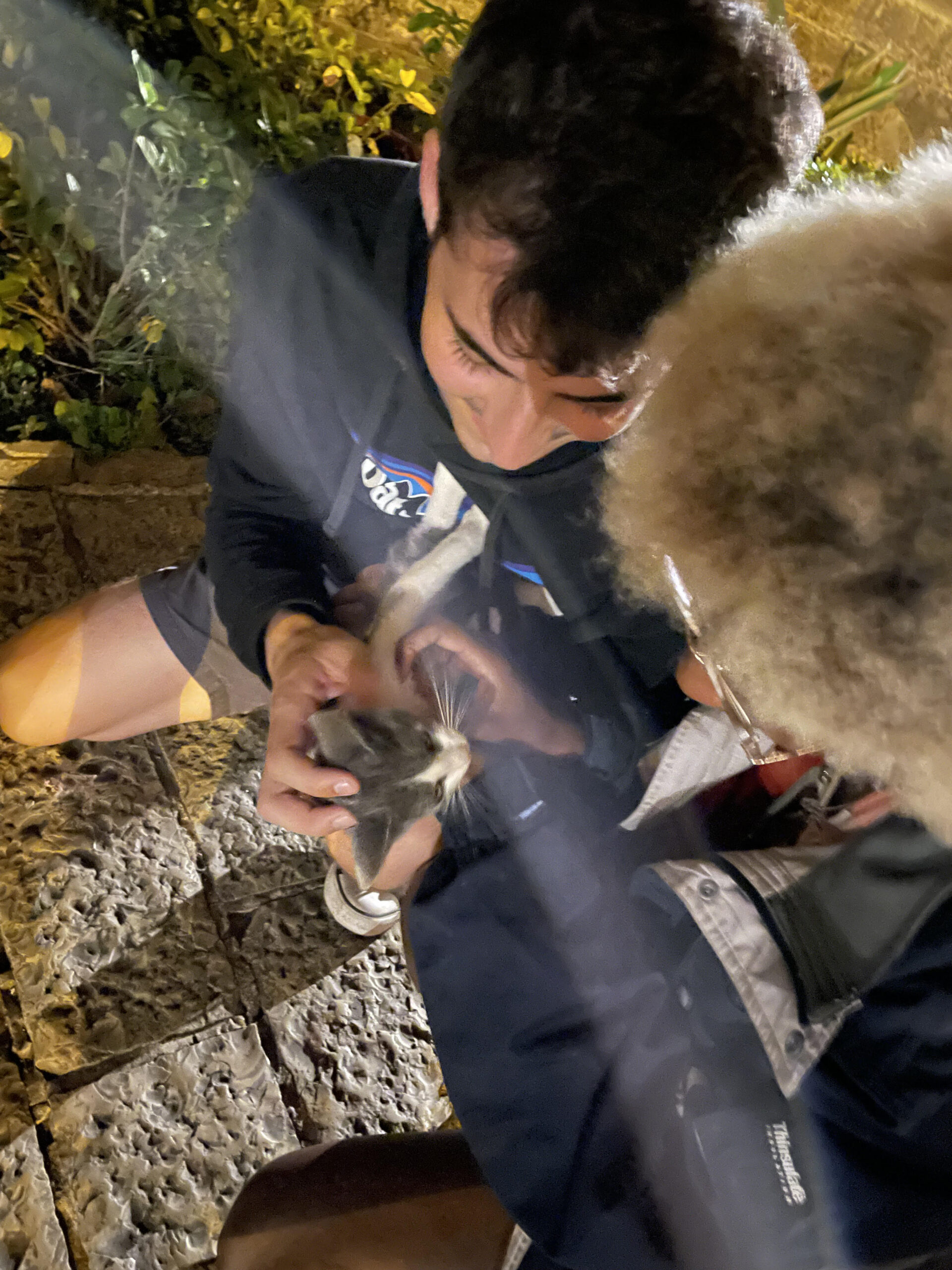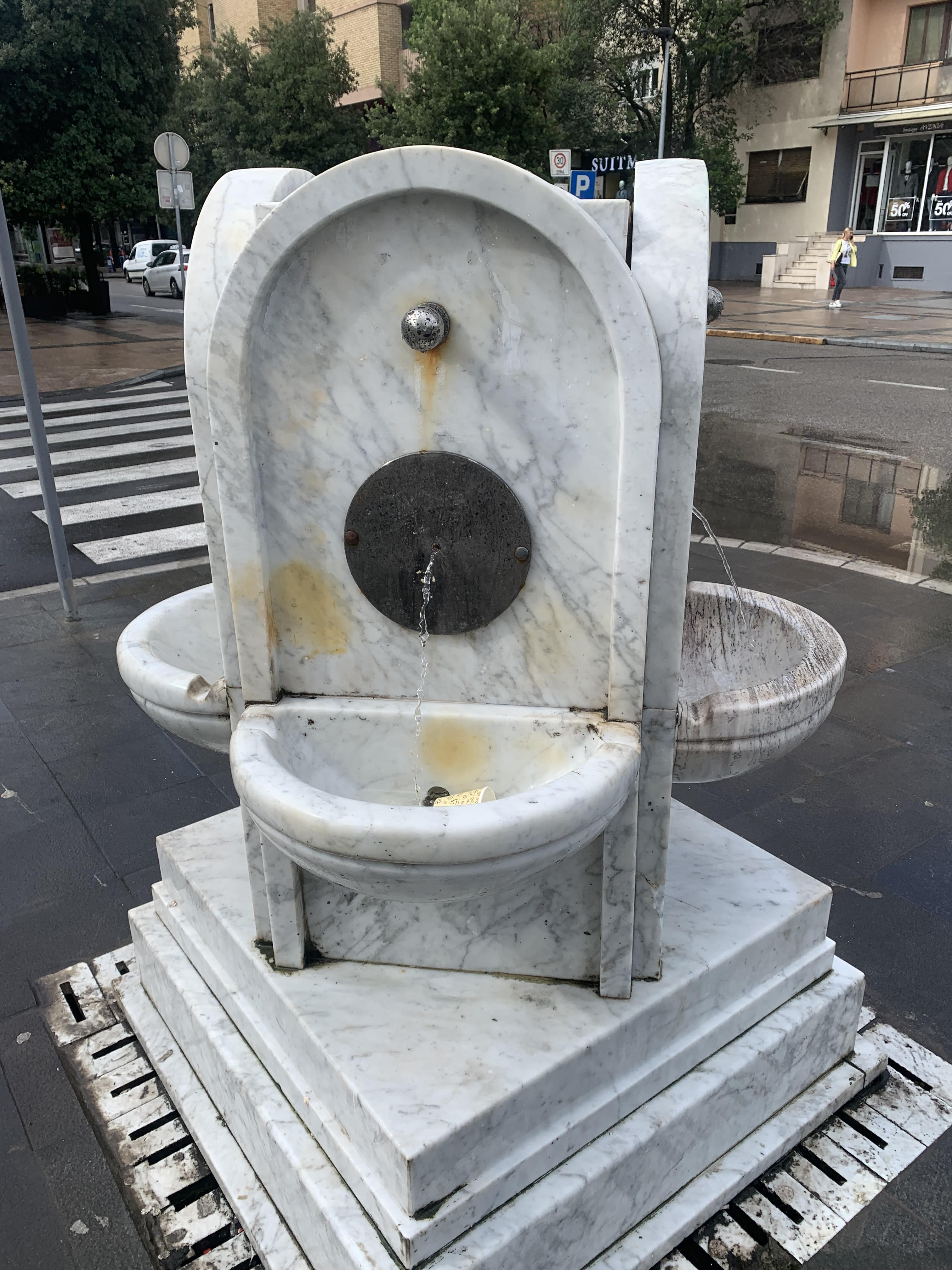
As I saw an opportunity to travel for a month between the end of my Social Work placement and the beginning of the fall semester, I decided to book a trip to Croatia and before I knew it I was on a mini coastal Balkans trip. As the summer went on, I was constantly swamped by my social work placement and spent my spare time hanging out in Piccadilly Circus. It wasn’t until the week of my trip that I realised I had absolutely nothing planned. The day before my trip, I booked my hostel for 3 nights in Zagreb to begin my coastal Balkans trip.
Here are the key things I learned on my mini trip through the coastal Balkans! I emphasise coastal Balkans, because I did not explore the full geographical region of the Balkans fully as they consist of: Slovenia, Croatia, Bosnia and Herzegovina, Serbia, Montenegro, Albania, Macedonia, Greece, Bulgaria and Romania. I only had the opportunity to hit a few countries on the coast due to my time limits.
- Currency
Little did I know I would need three different currencies travelling throughout the 4 countries I hit up in the Balkans. My trip started in Croatia, I then worked my way to Montenegro, Albania and ended in Greece. I had no clue what the money situation was before my trip, usually, this is something I plan in advance, but as I mentioned in the intro, this was the least planned trip I’ve ever taken. Croatia is a part of the EU, you may assume they take euros, but as of right now they are operating under Kuna. 10 Kuna equals roughly 1 pound or 1.50 USD.
Montenegro takes the euro so no worries there if you have euros. Albania uses lek (ALL). Albania is where I was withdrawing cash from the ATM and accidentally pressed to withdraw 100 GBP instead of 10 GBP on my last night in the country and still to this day have about 77 GBP worth of ALL sitting around in my room.
Greece, of course, is in the EU, so you’re back to using Euros.
This is important to keep in mind as you plan your travels, your budget, and the amount of cash you want to carry versus if you want to use a debit or credit card for purchases. If you travel by bus to other countries, some buses make pit stops and there are vendors who will exchange for you, sometimes they take the piss and short you and give you an unfair exchange rate, do with this information what you will.
- Same language very minor differences
I remember having a conversation in Croatia with a temporary travel partner about how he was learning Croatian and was looking forward to learning the languages of the countries we were visiting next. He made the comment “ I wish all the Balkan countries spoke the same language”. Me not knowing anything responded “yeah that would make things so much easier!”, little did we both know, the Balkans region practically speaks a very similar language with different dialects. This is crucial to know if you are a language connoisseur who likes picking up basic phrases to use while you travel, but… if you are a language connoisseur you probably already knew that the languages are more or less the same.
This whole time we were thinking once we got to Montenegro, we would have to learn how to speak a little Montenegrin after taking the time to learn Croatian. The good news is, the languages are so similar, you don’t have to add extra stress to your travels by trying to learn a different language for each country. The category languages fall under (according to Google) is Serbo-Croatian. This language covers countries such as: Croatia, Montenegro, Serbia, and Bosnia. This isn’t to say there aren’t differences, there are, as mentioned above there are variations and different dialects, but there’s no need to panic if you want to say hi, and thank you. These generally translate over to different countries.
Albania is an exception, Albanians speak, no surprise here, Albanian. Still a part of the Balkans, they do have their own language due to historical reasons. Look into it some more if that piques your interest!
- OKAY, this isn’t something you need to know, but it shocked me how much community there is when travelling the Balkans. My route started in Zagreb and I made my way down through Montenegro, Albania and Greece. I met some travellers on my first night doing the same type of trip!
As someone who values community, I found absolute joy in learning that there are pretty typical routes taken by backpackers who travel the Balkans. The perks of this almost seem endless! You are able to meet people and buddy up with them to travel together or plan to meet in new cities in the next weeks or so. I ended up having a couple of travel buddies and absolutely loved it, as I am normally a solo traveller. I’ll never forget turning the corner in Dubrovnik and seeing this Aussie boy I met in Split randomly sitting at a cafe! Obviously not that random, that’s the whole point of this point (for a lack of better words).
An unfortunate negative is that if you had a not-so-good experience with someone, chances are you will probably see them again. My first travel buddy travelled together for a week until we decided to split (it wasn’t mutual), and I was unfortunate to see them multiple times in the following weeks. We split in Zadar, right before travelling to Split (insert pun here) and I ended up seeing them again in Dubrovnik and Kotor! It was not pleasant, especially as it was a very quick and traumatic ending, so it was almost like retraumatizing myself when I saw them. It also did not help when I would speak about the experience to different people, and they mentioned how they met them in a different hostel. The coastal Balkans is truly an unintentionally tight-knit community.
My advice is to be careful of the connections you make, and connect with people wisely as it is very likely you will see them again.
TLDR: If you meet someone in one city, chances are you’ll see them again as the coastal Balkans, travelling north or south is a very common route amongst backpackers to take.


- Capital Cities
As it is almost required in travelling to visit capital cities, there were a few capital cities I wish I skipped or spent fewer days in. I would urge you to do your research to grasp a better understanding of how much time is needed in each capital or if it is worth visiting at all. As mentioned, again, I did not plan well in advance so 3 nights in Zagreb was 1 too many! By my third full day, I was in my hostel watching movies all day nursing an Aussie girl back to health, granted it was raining all day, but I felt I had explored everything I wanted to by day two. If you visit Zagreb, I would suggest staying only two full days and two nights, a third night is not needed, especially if you are in a time crunch like I was.
I didn’t listen to everyone who told me to skip Podgorica. I am an optimist and a little bit rebellious, so hearing how underdeveloped and not worth visiting Podgorica was, made me want to travel there even more, just to prove people wrong. It turns out I was the one who was wrong. This is probably one of the most skippable capital cities I have ever come across. Visiting the city felt like a mistake in my already poorly planned trip. I left Budva early to spend two days in Podgorica and regretted it the second I got there. From massive potholes in the roads to hostels that made me fear for my life (it takes a lot for me to feel unsafe), you would have to have a heck of a reason to visit Podgorica because it is for sure skippable. I even tried to leave a day early, but the buses were full until the next afternoon, everyone was trying to leave I guess!
To top off my time in Podgorica, I had one of the worst racist encounters I’ve ever had while travelling as I was leaving, go figure! For the sake of keeping this blog about travelling tips, the racist encounter is a story for another day.
TLDR: Some cities are actually worth skipping or spending less time in. Skip Podgorica. Limit your time in Zagreb to one or two days MAX.

- It’s best to call countries and languages in their native language
The best part about travelling, in my humble opinion, is un-westernizing or decentering yourself. Growing up in America, we look at the map from a very Anglo-Saxon perspective no matter what your background or ethnicity may be. Travelling anywhere, I believe this is an important tip and one not just relevant to the Balkans. It is always best to learn what natives call their country and then honour that and call the country or town you’re in by the native name. For example, I didn’t visit Greece. I visited Hellas or Grezia. I find that this connects me more to the land that I am visiting and makes me feel a bit more authentic as a traveller, someone who is truly gaining knowledge in the countries i’m in versus just travelling mindlessly and kind of ignorantly. I also find that locals appreciate it when you refer to their home country or town in their native language.
TLDR: Learn to pronounce the town and country names you’re visiting in the native language!
Thank you for reading! If you liked this post please let me know in the comments below! If you’ve been to the Balkans and have your own travel tips I would love to read them!

